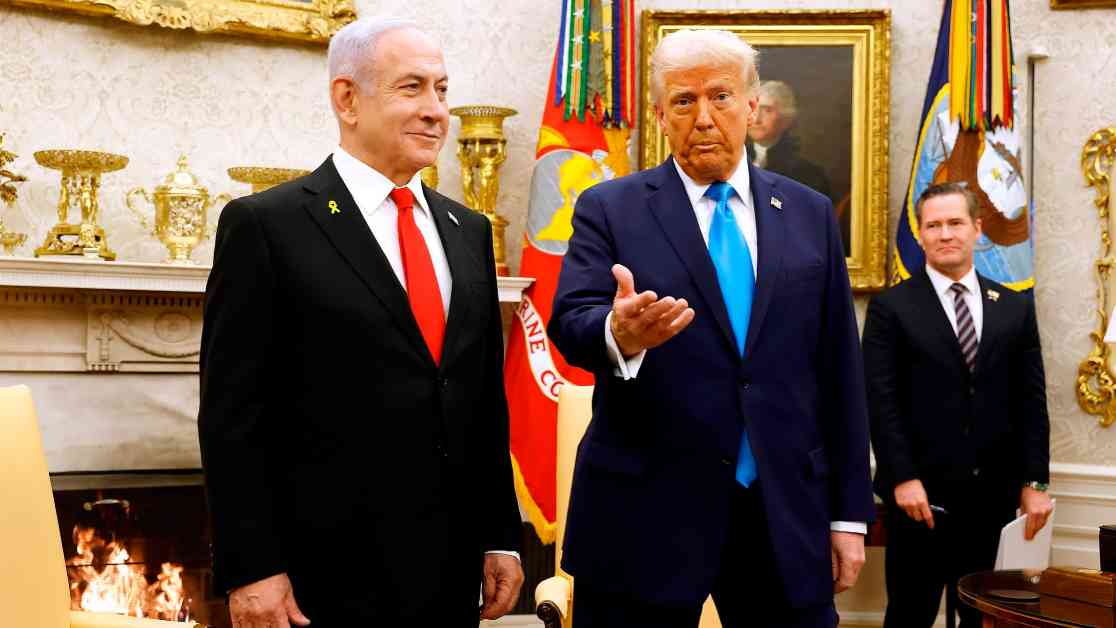The United States Looks to ‘Take Over’ Gaza Strip: Insights from Donald Trump
In a surprising announcement, President Donald Trump hinted at the possibility of the United States taking over control of the Gaza Strip. This statement has sparked a wave of speculation and concern among political analysts and citizens alike. Let’s delve into the details of this controversial proposal and explore the potential implications it may have on the region.
Historical Context and Current Situation in Gaza
The Gaza Strip, a narrow piece of land located on the eastern coast of the Mediterranean Sea, has been a hotbed of conflict and political turmoil for decades. Home to around two million Palestinians, the region has faced severe economic hardship, high unemployment rates, and ongoing violence between Palestinian factions and Israeli forces.
The announcement by President Trump comes at a time when Gaza is already grappling with a dire humanitarian crisis. The lack of access to basic necessities such as food, water, and healthcare has taken a toll on the residents, leading to widespread suffering and despair. The prospect of the United States stepping in to take control raises questions about how this move would impact the already fragile situation on the ground.
Expert Analysis and International Response
Political experts and analysts have been quick to weigh in on President Trump’s proposal, offering a range of perspectives on the potential implications of such a decision. Some argue that US intervention in Gaza could help stabilize the region and pave the way for much-needed peace and prosperity. Others, however, express concerns about the potential for further escalation of violence and the erosion of Palestinian sovereignty.
Dr. Sarah Johnson, a leading expert on Middle East politics, highlights the complexities of the situation in Gaza. “The region is already a powder keg of political, economic, and social tensions,” she explains. “Any external intervention must be carefully planned and executed to avoid exacerbating the existing challenges faced by the people of Gaza.”
On the international front, reactions to President Trump’s announcement have been mixed. While some countries have expressed support for US involvement in Gaza, others have raised objections and called for a diplomatic solution to the ongoing crisis. The United Nations, in particular, has emphasized the importance of respecting the rights and autonomy of the Palestinian people in any decision-making process.
Despite the varied responses, one thing is certain: the future of Gaza hangs in the balance as the world watches closely to see how events unfold in the coming days and weeks.
In conclusion, President Trump’s recent statement regarding US intervention in the Gaza Strip has ignited a firestorm of debate and speculation. As the region grapples with ongoing challenges and struggles, the prospect of external intervention raises significant questions about the future of Gaza and its people. Only time will tell how this situation will evolve and what impact it will have on the broader geopolitical landscape.






















